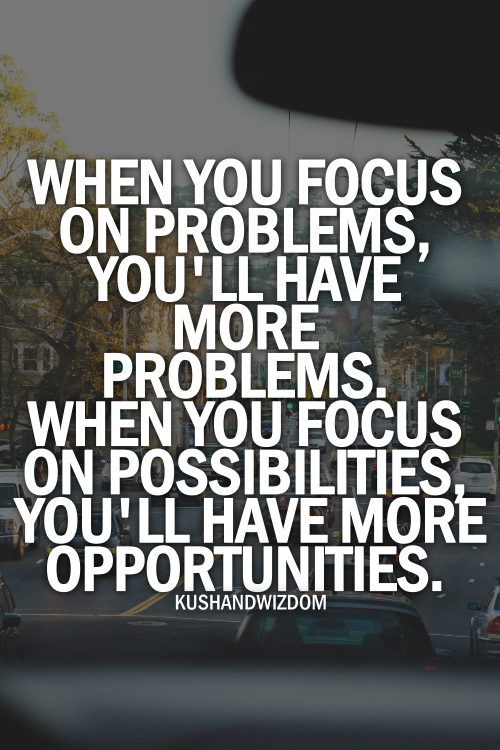One of my favourite things about living in Melbourne is that there are so many great organisations and groups here that provide endless opportunities for learning and growth. As part of my resolution to learn more things I thought it was about time I made the most of these opportunities, so the last two Wednesday’s I have attended post-work discussion forums, and boy have I done some learning!
The first was hosted by the Grattan Institute and the Melbourne Energy Institute and the second was hosted by the Wheeler Centre and both were free (bonus!). I work as a strategic planner and environment policy officer by day, and both talks were very relevant to what I do at work but I took away so much more than that from them, and that’s what I wanted to share here.
The Grattan Institute talk was entitled Planning for low-carbon development: the twin challenge of poverty eradication and emissions reductions, which is clearly no light hearted topic. The key speaker was Harald Winkler, a researcher and professor from Cape Town, and he was joined for the panel discussion by Tony Wood and Malte Meinhausen.
The key focus of the discussion was around the key drivers of South Africa’s shift to renewable energy and how it had come about due to the need to create jobs and improve socio-economic conditions, rather than due to climate change.
The Wheeler Centre talk was entitled Ideas for Melbourne: The City of the Future and was a panel discussion between Alan Davies, David Nichols and Roz Hansen. The discussion was based around the challenges Melbourne faces as it continues to experience population growth and how we can address issues such as housing affordability, infrastructure requirements and the need to create more sustainable and inclusive cities.
Key Lessons
I scribbled down lots of notes at both talks (yep, I’m that person!) but I think the most important lesson I took from these talks came from the first talk. Moving away from a reliance on coal was something many academics and environmentalists had been pushing for a long time, but it wasn’t until the benefits of renewable energy in terms of the number of jobs it created, the access to reliable and cheap power it gave small, isolated communities and the ongoing social and community growth it would provide were understood did it become a viable option. What this highlighted was that if you’re coming up against obstacles sometimes it just requires approaching them from a different direction in order to get a different response. At the end of the day from an environmental standpoint it doesn’t matter how South Africa made the shift towards renewable energy, it just matters that they do. I think that’s something that is key to remember, and can be applied to all kinds of circumstances, both big and small.
I think this quote sums it up rather nicely:
What have you been learning?






